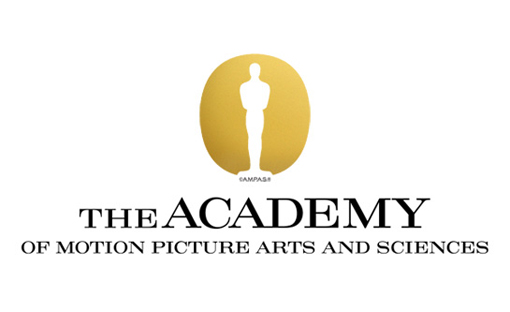The Academy of Motion Picture Arts and Sciences announces the gift of the Abe and Charlotte Levitow Collection featuring animation art and related production materials documenting the career of animator Abe Levitow. Donated in their parents’ honor by the Levitows’ three children, Roberta, Judy and Jon, the collection features animation cels, backgrounds, storyboards, graphic art materials and related film prints – hundreds of items that represent Levitow’s accomplishments as an artist, animator and director for Warner Bros., UPA and MGM, and include his work on features such as Gay Purr-ee (1962) and The Phantom Tollbooth (1970).
The collection will be housed in both the Academy’s Margaret Herrick Library and the Academy Film Archive.
“We are honored that the Levitow family has entrusted the preservation of their father’s legacy to the Academy’s archivists,” said Margaret Herrick Library Director Linda Mehr, “and you really can’t go wrong when Bugs Bunny and Daffy Duck are in the mix, can you?”
Levitow began his career at Leon Schlesinger Productions, where he served as a publicity artist and animator on cartoons released through Warner Bros. He worked primarily as a member of the Chuck Jones unit, contributing to many of Jones’s films in the late 1940s and early 1950s, including the Oscar-winning animated short For Scent-imental Reasons (1949). He was elevated to director on several Warner Bros. cartoons before moving on to UPA in the late 1950s, where he served as animation director on the studio’s first feature, 1001 Arabian Nights.
At UPA, Levitow helmed the animated feature Gay Purr-ee, featuring the voices of Judy Garland and Robert Goulet, and Mister Magoo’s Christmas Carol,” the animated musical version of the Charles Dickens tale. Levitow then joined the animation unit at MGM, where he directed a number of the later Tom and Jerry cartoons, including The A-Tom-inable Snowman (1966), Guided Mouse-ille (1967) and Rock ‘n’ Rodent (1967).
In addition to the more than 500 pieces of original production art, which will join more than 15,000 such items already held by the Margaret Herrick Library, the Levitow Collection includes scripts, sound recordings and other documentation related to Levitow’s work in film, television and commercials. All of the production materials may be accessed by filmmakers, historians, journalists, students and the public at the library, located in the Academy’s Fairbanks Center for Motion Picture Study in Beverly Hills. Many of the pieces in the Levitow Collection are available for viewing online through the Library’s Production Art Database at www.collections.oscars.org/prodart. Additional information about Abe Levitow is also available at: www.abelevitow.com.
For more information about Academy’s holdings, visit www.oscars.org.













